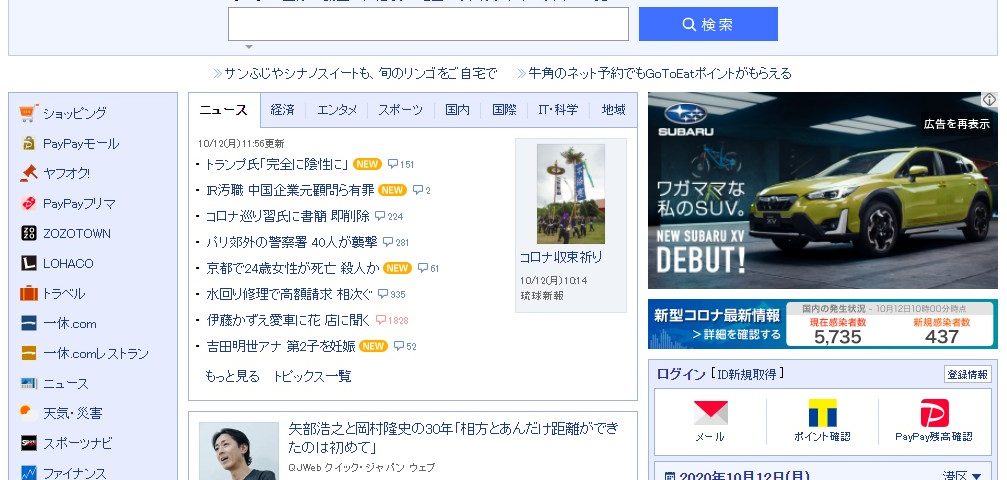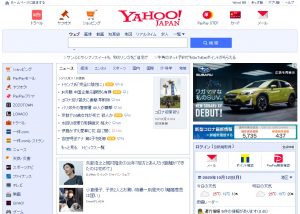Inadvertent Learning on a Portal Site : A Longitudinal Field Experiment

媒體在流行病爆發事件中的干預作用 : 基於傳染病模型理論和新型冠狀病毒疫情案例的分析
7 October 2020Context Collapse or Context Relapse? Analyzing Social and Anti-Social Affordances of Social Media
11 October 2020Inadvertent Learning on a Portal Site : A Longitudinal Field Experiment

Principal investigator: Dr KOBAYASHI Tetsuro (Department of Media and Communication)

Shedding light on an apparent inconsistency between the conditional political learning model, which predicts a widening knowledge gap between news and entertainment seekers in high-choice media environments, and the evidence of inadvertent learning from major online outlets, we conducted a field experiment in a real-world setting that exogenously manipulated the relative proportions of news and entertainment in the headline section of a major portal site. Our 3-month experiment produced clear evidence of inadvertent learning among entertainment seekers. Entertainment seekers do not switch from a portal site to other websites, even when the choice of news is boosted, which in turn facilitates inadvertent learning and narrows the knowledge gap between news and entertainment seekers. Longitudinal analysis using a follow-up survey not only demonstrated that the inadvertent learning effect persisted even after 2 months of the experiment but also suggested that the effect spilled over to new learning opportunities.
Click here to read more.
